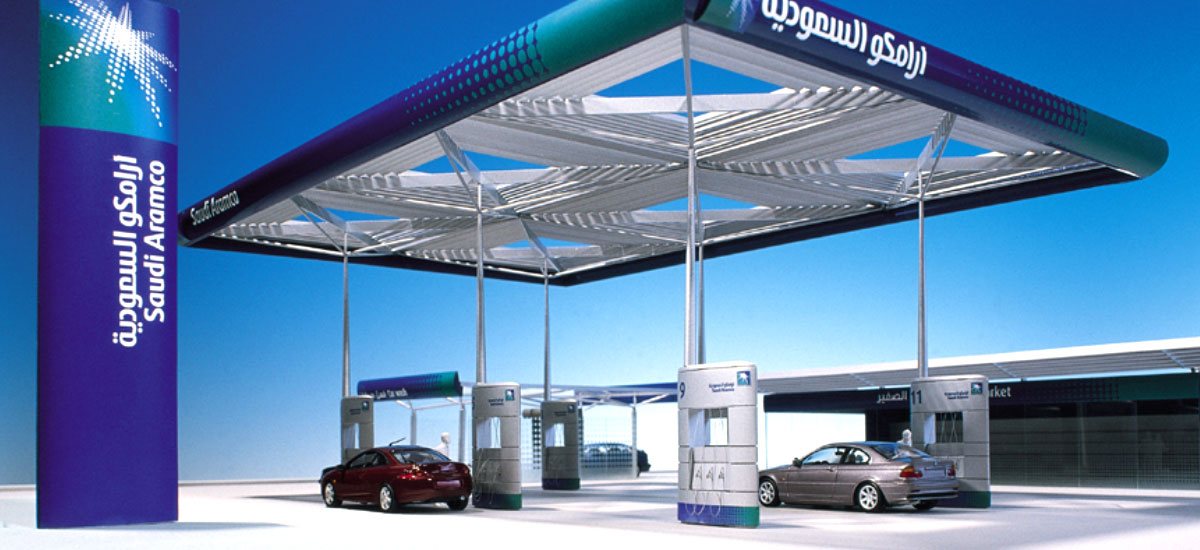
The past twelve months has been the hardest I can remember as a communicator. And one of the big issues we’re all facing is on ethics. Given it’s ethics month for our profession (thank you for this initiative Global Alliance), I wanted to highlight the issues around ethics. We’re being pushed to get out news that’ll raise confidence in our organizations and industries, but the big downside is obviously sharing information that isn’t fully accurate. The consequence of this is a trust deficit, both in our brands as well as the response to the pandemic.
One example that I saw this past week was from Etihad, the Abu Dhabi-based airline. The company’s CEO spoke to Bloomberg and made the claim, as reported by Bloomberg, that the airline is the first to fully vaccinate its crew (you can see the interview here).
Etihad followed this up with a press release and social media posts, an example of which is below.
I understand the airline’s challenge. The aviation sector has been hit harder than any other industry. And they want to give people the confidence to fly again. They also want to assure governments they’re doing everything they can to keep people safe and not spread the virus.
The danger is that this information isn’t fully accurate. How do you define vaccinated? Well, it turns out our definitions may not be the same as the airline. Reuters did good work and asked that question. It turns out that Etihad hadn’t given all of its staff two doses, which is required by pretty much every available vaccine here in the country (you can read the report here).
In a rush to get out a positive headline, was the decision that the Etihad team took the right one? Will their messaging now engender trust? If Reuters hadn’t have asked the right questions, we wouldn’t have even gotten to the accurate, factual picture behind the headline.
Trust matters more than ever. And we have to be as accurate as we possibly can so that our stakeholders understand what is happening and why. Let me know your stories this ethics month. And let’s remember that ethics will always matter. Our interpretations may differ, but the facts don’t change.










